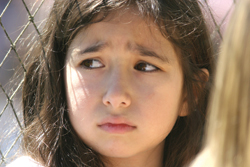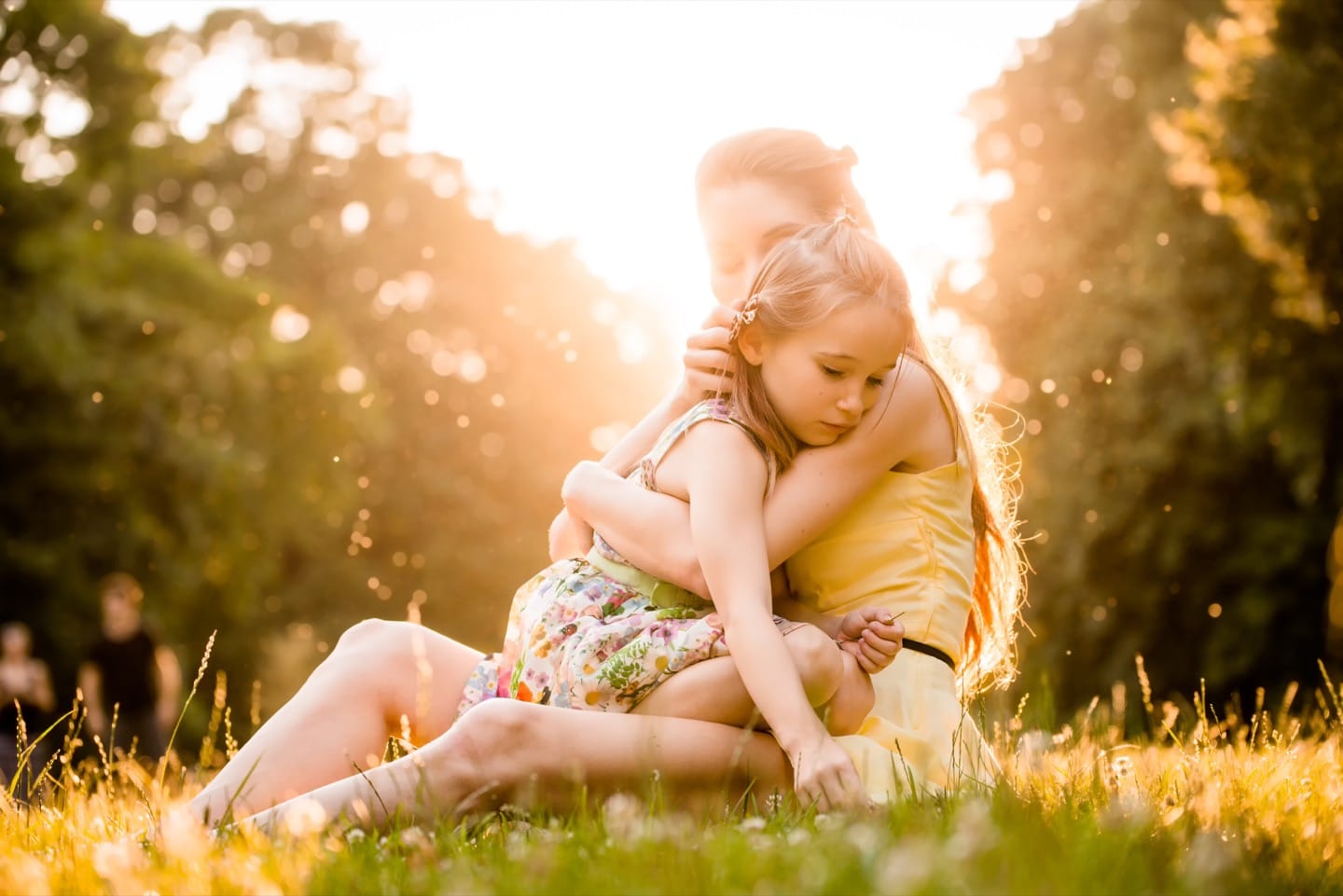Most children have fears or worries of some kind, which in most cases are short-lived. However, about one in 10 children experience more severe anxiety that stops them from getting the most out of life.

Anxiety sometimes runs in families. It can also be learnt by watching others, from scary experiences or from things in the environment. There are several types of anxiety:
- Social anxiety. Worry or fear of being with people or the focus of attention.
- Separation anxiety. Occurs when a child can’t be with parents or guardian.
- Generalised anxiety. Causes worry in a variety of different areas of life.
How to help your child
- Acknowledge your child’s fears. Don’t dismiss or ignore them.
- Gently encourage your child to do the things that she’s anxious about.
- Praise your child for doing something he’s anxious about, rather than criticise him for being afraid.
- Don’t label your child as ‘shy’ or ‘anxious’.
When to be concerned
Your child may need professional help:
- If the anxiety is interfering with friendships, schoolwork or family life.
- If your child’s behaviour is very different from other children the same age.
- If your child’s anxiety is very severe.
Some anxious children will grow out of fears. Others will continue to have trouble unless they receive professional help.
Speak to your teacher or GP if you are concerned or read the article on the Raising Children Network.
Disclaimer:
- Please note this information was correct at time of printing.
- For up to date information, speak to your doctor.


